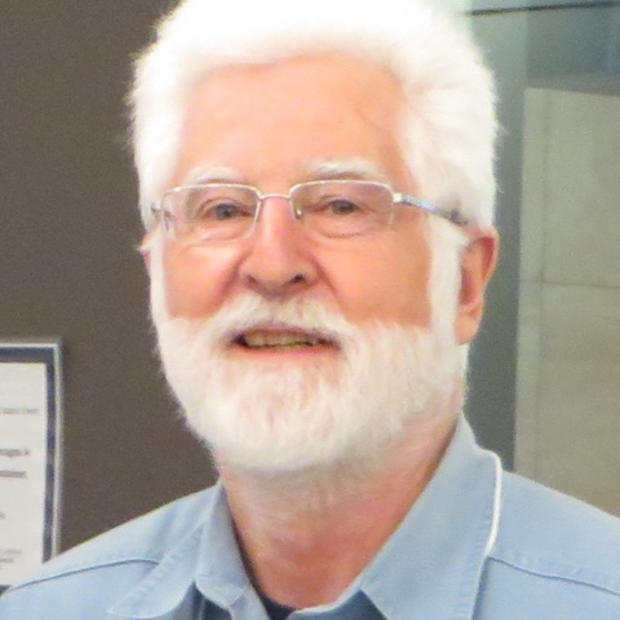On Tuesday New York Times reporter Robert Pear wrote a story about President Obama'ês apparently keen interest in an article in the June 1 New Yorker by Dr. Atul Gawande, who is a staff writer for the magazine, Harvard professor, surgeon, and recipient in 2006 of a MacArthur genius award — all evidence he'ês likely to see things a little different, maybe more clearly, than most of us.
Dr. Gawande did a small but in-depth comparative study of the per-capita Medicare spending in a few different U.S. communities. At the very least, his article presents a solid hypothesis for why America spends more on health care than most OECD countries and gets worse results. Gawande doesn'êt present his findings as revolutionary, but Pear reports the article jazzed up Obama. Pear quoted Sen. Ron Wyden, D. Ore., who was at a meeting where the president raved about the article, with Wyden saying that Obama 'êin effect, took that article and put it in front of a big group of senators and said, 'êThis is what we'êve got to fix.'ê'ê
Pretty cool so far, Obama reads stuff and learns from it. The kind of president you want.
But then the reporter leaves the President, without saying what it is Obama thinks we have to fix, and treats us to an 'êobjective'ê he-said, she-said argument (this is what killed our faith in journalism) about what factors might cause more health spending in one area or city compared to another.
The facts are there: Miami spends $16,351 per Medicare beneficiary to San Francisco'ês $8,331. Could it be the older population? Cost of living? More teaching hospitals? (Which way would that cut? If I want a cheaper haircut, I'êd go to a beauty school and let the students have a whack. That might not be a smart way to have a hernia repaired.)
What Pear misses is Gawande'ês point, in my mind solidly proven by his research, that these aren'êt even the right questions to ask. What the Harvard doctor found was that cost differences correlate with (and I'êd say for sure are caused by) aspects of the culture and structure of an area'ês medical community.
To oversimplify: Gawande found that costs are higher in communities where doctors profit from additional procedures (from blood tests to MRIs) because they provide those services in their own clinics (ever hear of mark up?) or own interests in hospitals and testing companies. In communities where care was emphasized, in contrast to the potential for profit from ordering more medical procedures, costs were lower. By the way, Seattle is a relatively low-cost area, and for that we should at least in part credit Group Health Cooperative, which, having recovered from its gold-plated days a couple decades ago, is a good solid care-first provider and contributes that stance to the area'ês thinking.
So the critics quoted in the Times by Pear are at least partly right (for the wrong reasons) that changing Medicare reimbursement formulas based on regional cost performance differences won'êt solve the problem. Though Gawande doesn'êt present it didactically, the answer his hypothesis leads to is legislation that gets doctors out of the business of medicine and back to being doctors.
That would be radical but it would work. What we need are laws that prohibit doctors from owning or investing in hospitals or companies that provide medical services of any kind or make and sell drugs or medical equipment. To be a doctor, you'êd just have to be a doctor and only a doctor, not a businessman or clever investor in medicine'ês next new thing. There is a difference between the profit motive and the Hippocratic oath. Adherence to the latter would cut America'ês cost of health coverage.
Maybe it'ês this idea of change in the American approach to medicine that grabbed President Obama.

